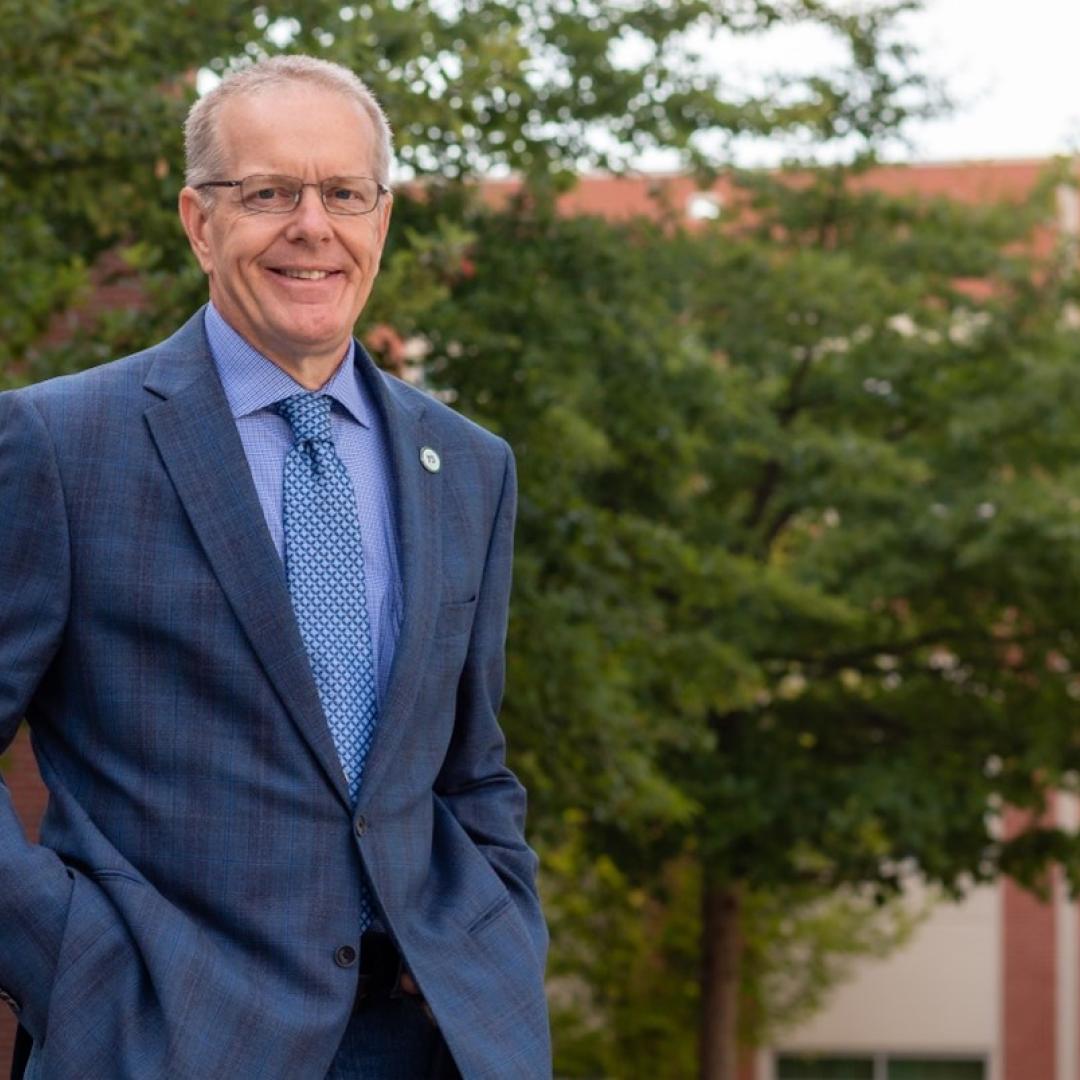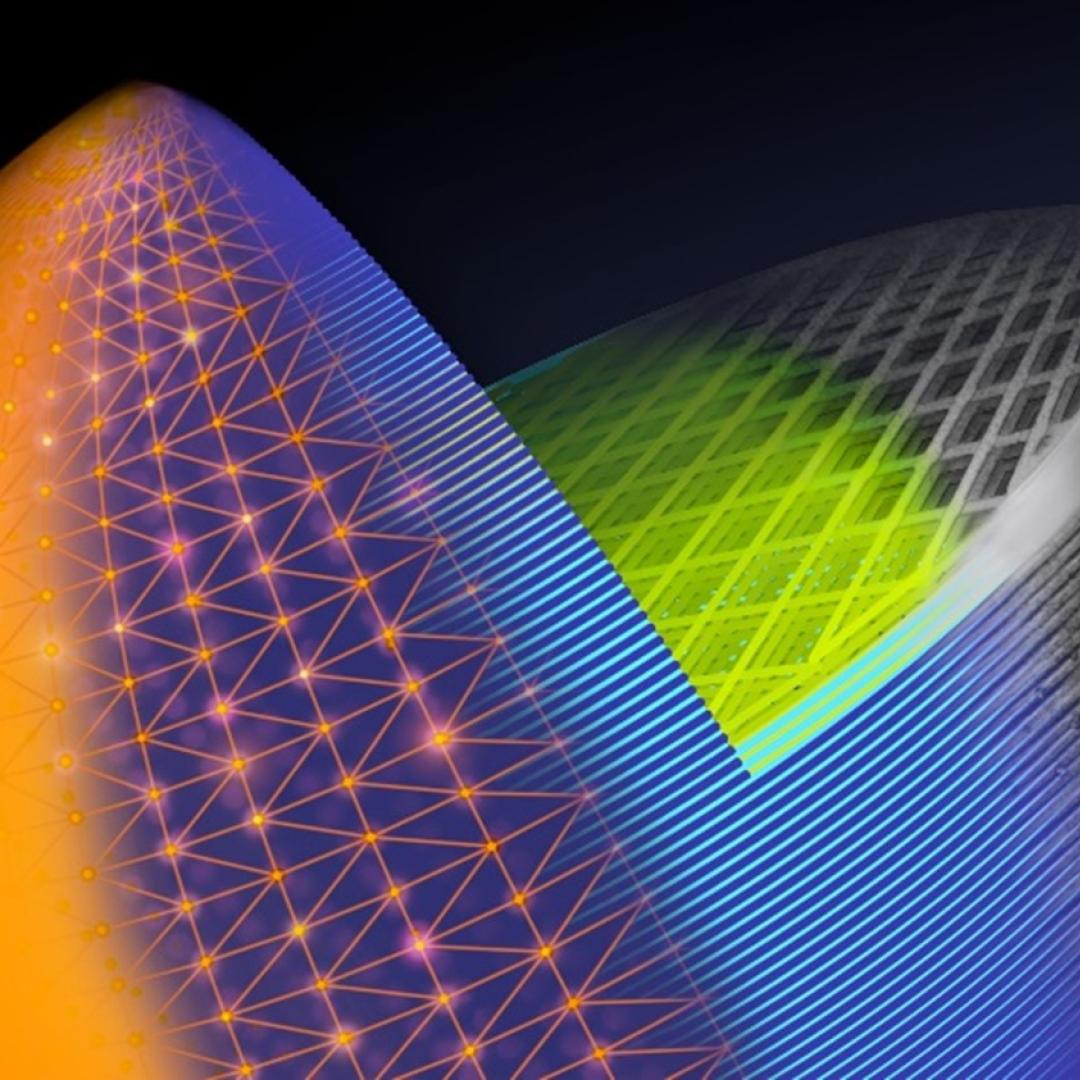
Filter News
Area of Research
- Advanced Manufacturing (6)
- Biology and Environment (15)
- Clean Energy (40)
- Computational Biology (1)
- Computational Engineering (1)
- Computer Science (4)
- Electricity and Smart Grid (1)
- Functional Materials for Energy (2)
- Fusion and Fission (5)
- Fusion Energy (1)
- Isotopes (2)
- Materials (66)
- Materials Characterization (2)
- Materials for Computing (12)
- Materials Under Extremes (1)
- National Security (4)
- Neutron Science (32)
- Nuclear Science and Technology (4)
- Supercomputing (23)
News Type
News Topics
- (-) Big Data (21)
- (-) Biomedical (15)
- (-) Chemical Sciences (24)
- (-) Composites (13)
- (-) Exascale Computing (4)
- (-) Frontier (4)
- (-) Materials (68)
- (-) Nanotechnology (24)
- (-) Neutron Science (41)
- (-) Polymers (14)
- 3-D Printing/Advanced Manufacturing (49)
- Advanced Reactors (18)
- Artificial Intelligence (21)
- Bioenergy (22)
- Biology (25)
- Biotechnology (3)
- Buildings (25)
- Clean Water (13)
- Climate Change (29)
- Computer Science (57)
- Coronavirus (15)
- Critical Materials (13)
- Cybersecurity (9)
- Decarbonization (13)
- Energy Storage (48)
- Environment (58)
- Fossil Energy (1)
- Fusion (17)
- Grid (25)
- High-Performance Computing (23)
- Hydropower (6)
- Irradiation (3)
- Isotopes (14)
- ITER (4)
- Machine Learning (13)
- Materials Science (54)
- Mathematics (2)
- Mercury (3)
- Microscopy (20)
- Molten Salt (6)
- National Security (10)
- Net Zero (3)
- Nuclear Energy (35)
- Partnerships (7)
- Physics (10)
- Quantum Computing (6)
- Quantum Science (14)
- Security (4)
- Simulation (12)
- Software (1)
- Space Exploration (11)
- Statistics (1)
- Summit (8)
- Sustainable Energy (55)
- Transformational Challenge Reactor (1)
- Transportation (47)
Media Contacts
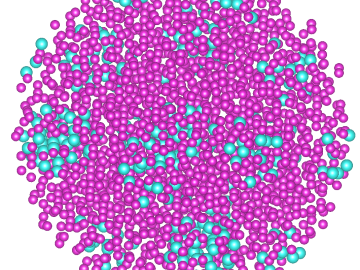
Researchers used the world’s first exascale supercomputer to run one of the largest simulations of an alloy ever and achieve near-quantum accuracy.

Anne Campbell, a researcher at ORNL, recently won the Young Leaders Professional Development Award from the Minerals, Metals & Materials Society, or TMS, and has been chosen as the first recipient of the Young Leaders International Scholar Program award from TMS and the Korean Institute of Metals and Materials, or KIM.
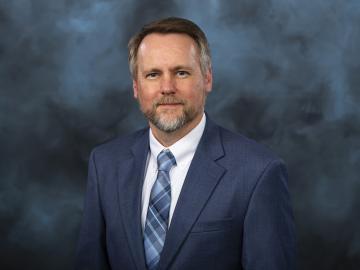
Michael McGuire’s recognition as the Oak Ridge National Laboratory's top scientist headlined the annual awards. ORNL Director Stephen Streiffer also presented Director’s Awards to two teams, for operational performance and continuous improvement, and to the night’s science communicator awardee

Hilda Klasky, an R&D staff member in the Scalable Biomedical Modeling group at ORNL, has been selected as a senior member of the Association of Computing Machinery, or ACM.
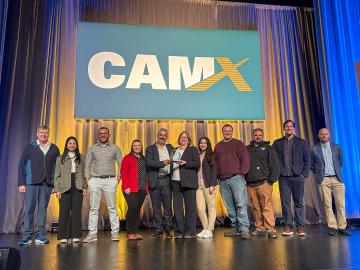
The Hub & Spoke Sustainable Materials & Manufacturing Alliance for Renewable Technologies, or SM2ART, program has been honored with the composites industry’s Combined Strength Award at the Composites and Advanced Materials Expo, or CAMX, 2023 in Atlanta. This distinction goes to the team that applies their knowledge, resources and talent to solve a problem by making the best use of composites materials.

Currently, the biggest hurdle for electric vehicles, or EVs, is the development of advanced battery technology to extend driving range, safety and reliability.
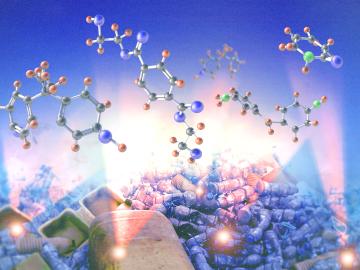
Almost 80% of plastic in the waste stream ends up in landfills or accumulates in the environment. Oak Ridge National Laboratory scientists have developed a technology that converts a conventionally unrecyclable mixture of plastic waste into useful chemicals, presenting a new strategy in the toolkit to combat global plastic waste.
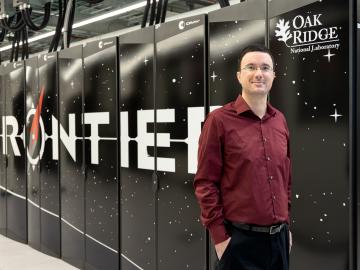
The Exascale Small Modular Reactor effort, or ExaSMR, is a software stack developed over seven years under the Department of Energy’s Exascale Computing Project to produce the highest-resolution simulations of nuclear reactor systems to date. Now, ExaSMR has been nominated for a 2023 Gordon Bell Prize by the Association for Computing Machinery and is one of six finalists for the annual award, which honors outstanding achievements in high-performance computing from a variety of scientific domains.
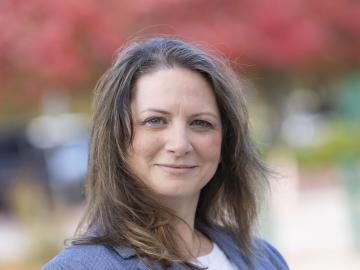
Michelle Kidder, a senior R&D staff scientist at ORNL, has received the American Chemical Society’s Energy and Fuels Division’s Mid-Career Award for sustained and distinguished contributions to the field of energy and fuel chemistry.
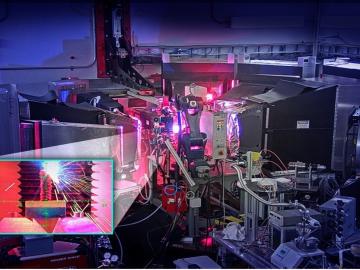
Technologies developed by researchers at ORNL have received six 2023 R&D 100 Awards.


